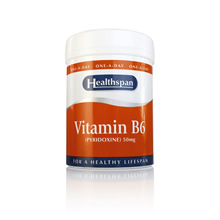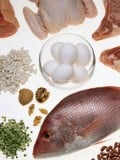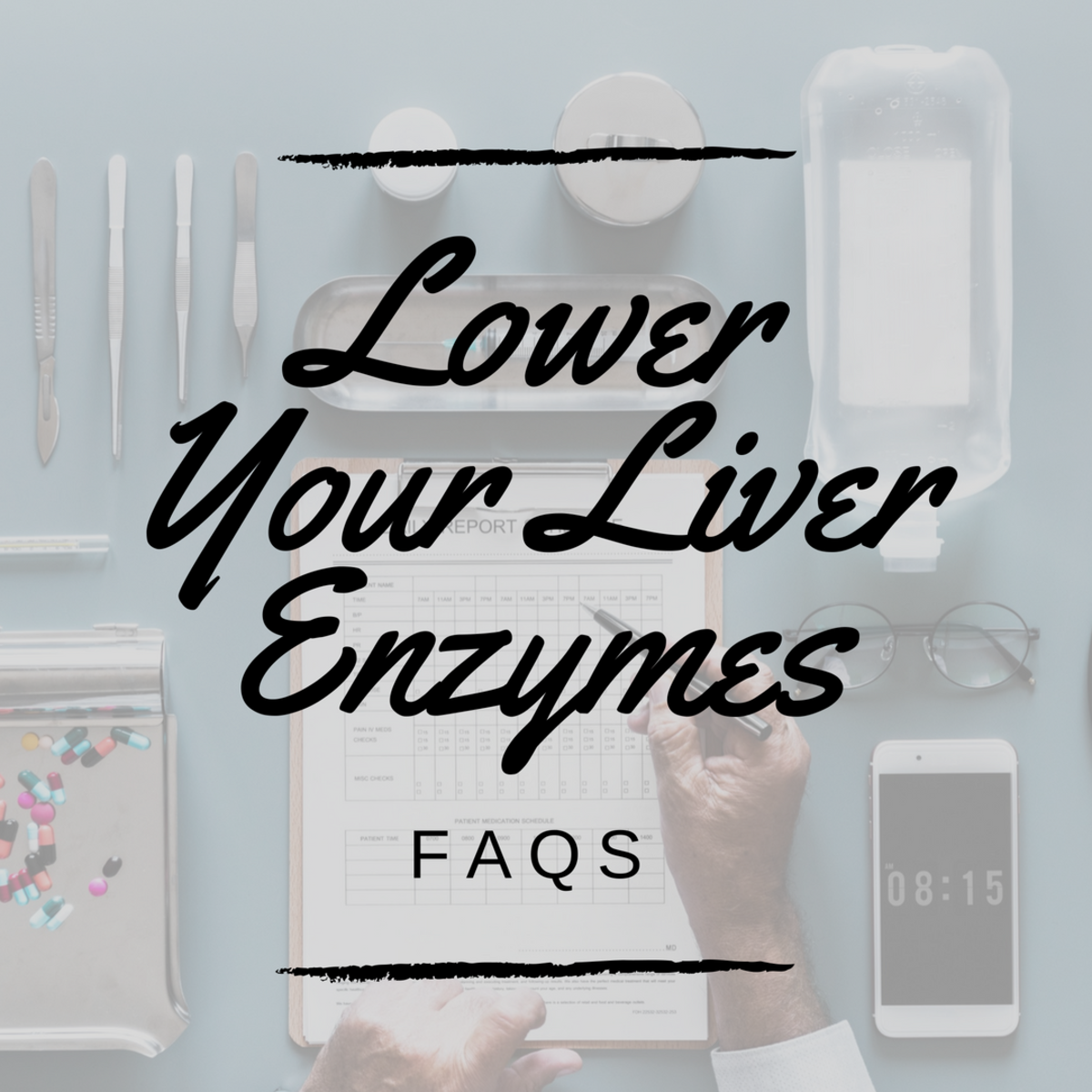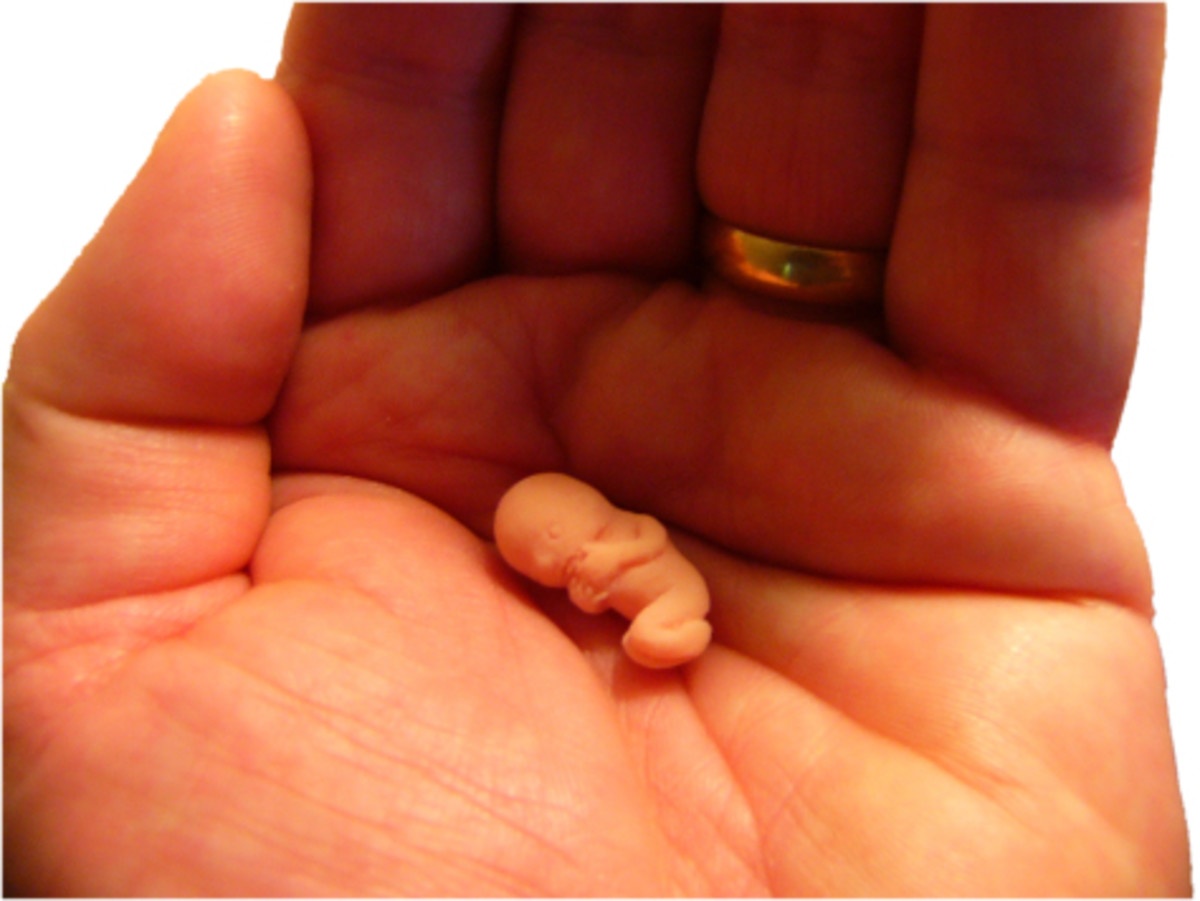Vitamin B6 Deficiency Symptoms
Vitamin B6
Vitamin B6, also known as pyridoxine hydrochloride, is essential for reproductive processes, healthy pregnancies, and the proper functioning of the nervous system and the immune system. Vitamin B6 is needed for more than 100 enzymes involved in protein metabolism and red blood cell metabolism. It prevents skin disorders, tooth decay, nervous disorders and provides protection against diabetes, and certain types of heart disease. Here are the vitamin B6 deficiency symptoms.

Symptoms of vitamin B6 deficiency:
Vitamin B6 deficiency is usually considered in alcoholics, people suffering from protein-energy malnutrition and infants suffering from seizures. Deficiency of vitamin B6 may cause anemia, edema, mental depression, and skin disorders. Inflammation of the colon, sleeplessness, foul smell in the mouth, tooth decay, kidney stone, cracking at the corner of the lips, and nervousness may also cause vitamin B6 deficiency.
For infants and children, it may cause anemia, seizures and diarrhea. For old age people, it may cause migraine headaches, and muscular control.
Food sources of vitamin B6:
Vitamin B6 is found in a wide variety of foods. Some of the foods include liver, chicken, salmon, tuna, shrimp, legumes, soybeans, walnuts, avocados, carrots, wheat, sun flower seeds, cereal grains, bran, brown rice, milk, cheese and egg.
Main functions of vitamin B6:
1. Vitamin B6 is essential for protein and fat metabolism.
2. Vitamin B6 is needed for the production of healthy red blood cells.
3. It is essential for the proper functioning of the nervous system and immune system.
4. It can help prevent cancer.
Vitamin B6 supplement:
Vitamin B6 is normally taken as either a B-complex or multivitamin and mineral supplement. Always ask your doctor first.
Daily dose of vitamin B6 in the diet:
Infant - 0.1- 0.4mg
Children (1-15 years) - 1-1.5 mg
Adults - 2mg
Also read:
- Vitamin D Deficiency Symptoms
Vitamin D is a fat soluble vitamin and is needed in the development of strong and healthy bones. Vitamin D is available in some dietary sources such as fish, eggs, fortified milk, and fish liver oil. Vitamin... - Pernicious Anemia Symptoms
- Whooping Cough Treatment in Adults
..









